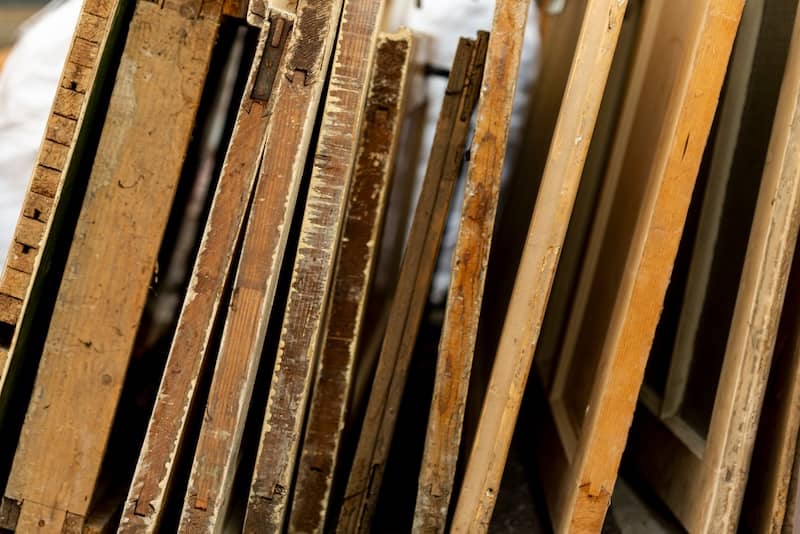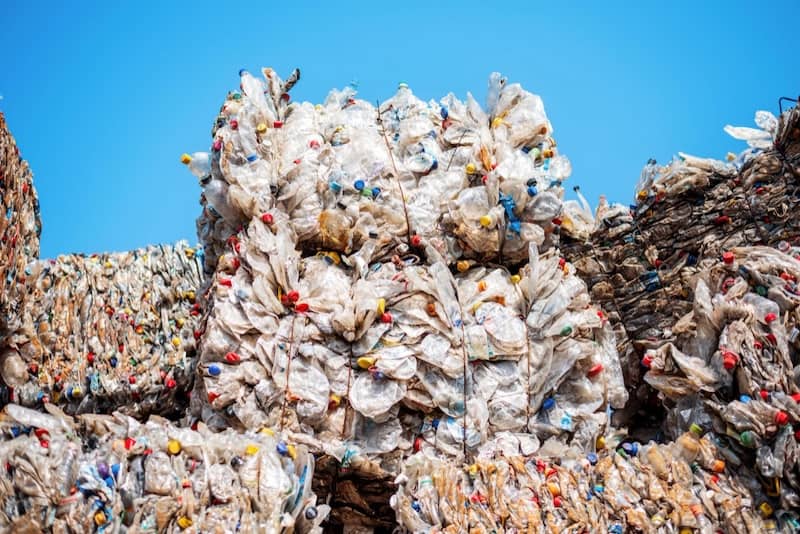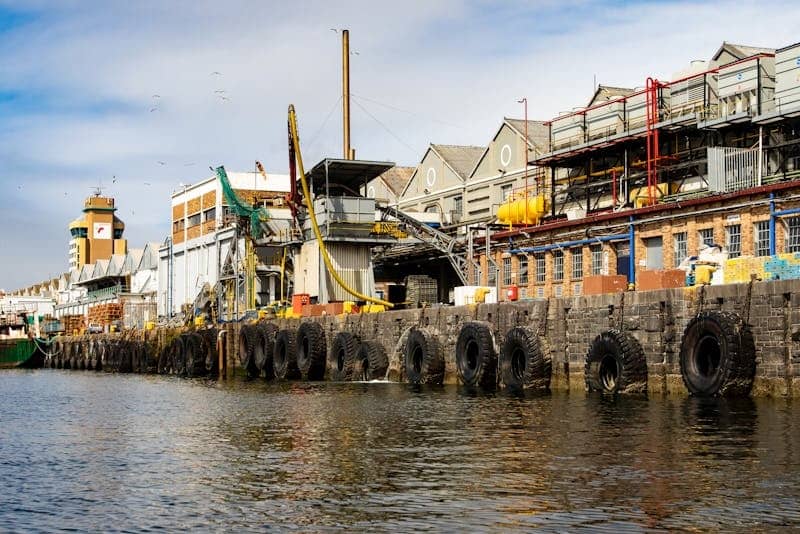Recycling businesses are a great start-up if you want to help the environment while making money. With waste and pollution becoming an increasingly pressing issue for many communities, the range of recyclable materials has expanded dramatically in recent decades. Recycling facilities process all kinds of materials. Some focus on general materials such as:
- Steel
- Paper
- Hard Plastics
Others fill out more niche markets by recycling materials such as:
- Textiles
- E-Waste
- Car Tires
Each type of recycling has pros and cons, depending on the material and the sellability of the recycled end product.
Starting a Plastic Recycling Business
Pros:
Lots of Plastic Waste – We all use hard plastics every day, and most of us throw them in the garbage every day as well. Like many recycling businesses, injecting your new facility into the waste management system can be tricky. However, with the right connections, it is possible. It is easier and cheaper for waste flows to be processed nearby rather than shipped overseas for many areas of the world.
Versatile Output Material – Most plastic recyclers melt, purify and form the waste into pellets. These pellets are then reusable in various products like bottles, cups, and containers.
Cons:
Market Saturation – Plastic recycling is one of the most well-understood and developed kinds of recycling. It can be hard to compete with big players in the industry as a start-up.
Screening Input material – One of the most challenging parts of plastic recycling comes from contaminated input materials. Purifying the plastic is key to reselling the end product for profit but often requires manual labor.
Starting an E-Waste Recycling Business
Pros:
Rare Metals – Almost all electronics hold small amounts of precious materials like gold, platinum, silver, and copper in their componentry. When these are separated out, you can recycle them for a hefty profit.
Rising Demand – More and more electronics are being sold every day. From Google Nests to smart vacuums and glasses, the demand for e-waste recycling infrastructure will continually increase for the foreseeable future.
Cons:
Sourcing E-Waste – Unlike tires or plastics, people dispose of e-waste in a variety of ways, so it can be difficult to find a steady stream of input material.
Processing E-Waste – Most recycling processes involve separating the original product into individual materials before melting or grinding them down. This process is especially difficult with e-waste. Electronics include a huge variety of designs, sizes, shapes, and materials, making it complicated for start-ups to automate the recycling processes.
Starting a Tire Recycling Business
Pros:
Scalable – The tire recycling process lends itself to starting small and then growing over time. Unlike paper and plastic waste, tires are expensive to transport across the country to big tire recycling plants. This creates a need for local tire recycling businesses that can deal with tires in the near vicinity. The larger a tire processing business grows, the more tire recycling equipment it can add to its line, creating more lucrative end products like rubber powder and artificial turf.
Automated Process – From start to finish, machines can carry out the tire recycling process independently. Automation helps reduce recycling plant costs while increasing productivity compared to human labor. Tire recycling equipment from EcoGreen takes automation to the next level with the Eco Brain Control Panel. This piece of equipment is a computer for the tire recycling line, which ensures everything is running smoothly and can diagnose issues as they pop up.
Marketable Output Options – Businesses can recycle tires into a variety of outputs, including:
- Tire Derived Fuel – a substitute for fossil fuels
- Crumb Rubber – used in landscaping, sports fields, and playgrounds.
- Hoses, mats, caps, and other individually sellable products
- Asphalt construction additive
- Steel from the tire wire
Cons:
Honestly, it’s hard to think of any!
One of the main criticisms of tire recycling is that it is a secondary recycling process. That means that old tires are not recycled into new tires but instead into other products like rubber mulch and mats. Of course, ideally, all products would be recycled in a closed loop. However, this is not feasible for the material that tires are made out of, vulcanized rubber.
The vulcanization process makes highly durable rubber that can last for years on the road. Vulcanization also makes it impossible to melt down old rubber and reform it into tires. Although recycling businesses don’t recycle old tires into new tires, they do keep end-of-life tires out of landfills and tire piles.
Which type of recycling business is the most profitable?
In the end, it depends on your location, connections, and area of interest. Starting a recycling business of any type is a benefit to the community, and there are always people willing to support sustainable initiatives. Whether tire recycling or computer waste mining, getting the ball rolling now can eventually lead to financial freedom and success.




